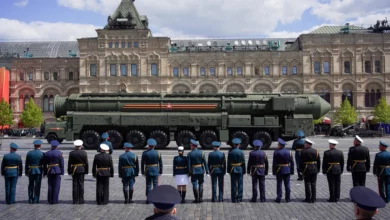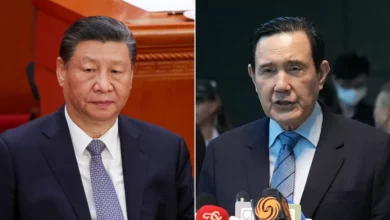
China on Tuesday defended a controversial detention measure set to become law when a new anti-corruption “super-ministry” is formally set up next month, calling it a unique step necessary to combat graft.
President Xi Jinping has vowed to intensify efforts to root out corruption among Chinese officials and called for strong mechanisms that will effectively form a “cage” to prevent officials from breaking rules.
China’s rubber-stamp parliament, the National People’s Congress, is expected to pass the new law and amend the state constitution at an annual meeting in March, finalizing the establishment of a National Supervision Commission with the power to investigate all state employees.
The powerful new body has been criticized by some legal scholars for failing to protect the rights of suspects during investigations, in part because it will use a controversial “liuzhi”, or detention, system that operates outside existing criminal procedure law.
“Major crimes related to official duties are not the same as normal crimes and the investigations cannot be done in the same way,” said Zhang Shuofu, who heads the Beijing Supervision Commission, one of three bureaus set up in 2017 ahead of the agency’s nationwide roll-out.
“That’s why the Central Committee of the party has adopted the detention measure,” he told reporters during a rare visit to the bureau, reading from a prepared statement.
China’s top-down methods of supervision are “totally different” from the system of checks and balances in countries where supervision agencies are subordinate to the courts and prosecutors, Zhang added.
Journalists were not shown detention facilities and were only able to visit an empty reception hall for petitioners submitting written reports on graft.
Zhang took two questions, one on coordination between the commission and prosecutors and the other querying if the reforms had drawn on the experiences of similar systems overseas.
He ignored part of the second question about proposed changes to China’s constitution that will allow Xi to stay on as president for longer than just two terms.
Xi announced the new detention system last October to replace the previous “shuanggui” system, in which party members submitted to questioning at a location and time chosen by investigators.
Rights groups have said the old secretive extra-legal measures that made use of off-grid locations with little oversight allowed torture, abuse and forced confessions.
Some rights activists and legal scholars have expressed concern the new detention system will merely entrench and extend previous practices under a veneer of legality.




